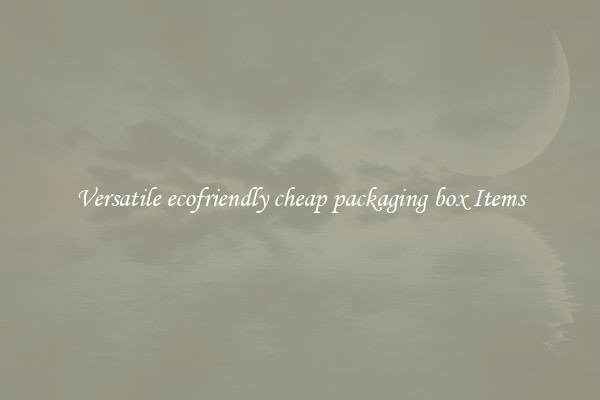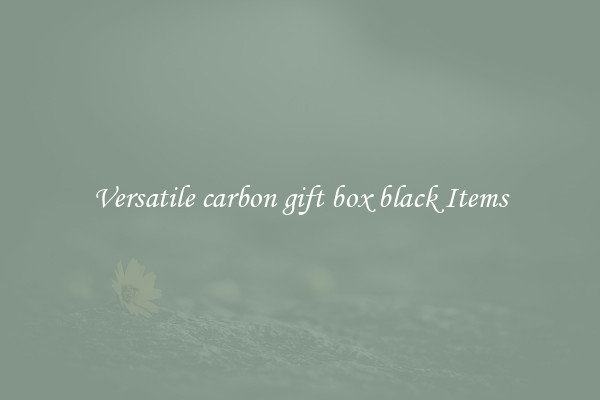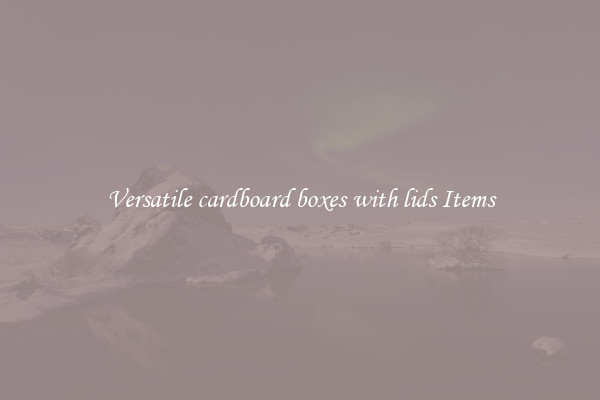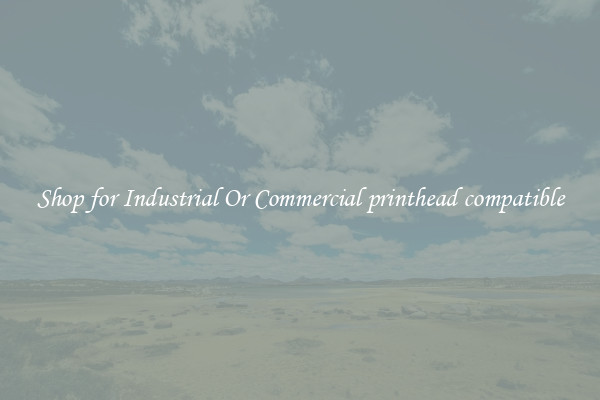Versatile ecofriendly cheap packaging box Items
Versatile, Eco-Friendly, and Cheap: The Future of Packaging Boxes

As society becomes increasingly aware of the pressing need for sustainable practices, the demand for versatile, eco-friendly, and cheap packaging box items has never been higher. Traditional packaging solutions often end up in landfills, contributing to environmental degradation. However, with the introduction of innovative and sustainable packaging materials, the world is embracing a new era of conscious consumption.
One such packaging solution taking the market by storm is corrugated cardboard boxes. These boxes are not only versatile in terms of their shape and size but are also exceptionally durable and cost-effective. Made from recycled paper and renewable fibers, corrugated cardboard boxes are not only easily recyclable but also biodegradable, ensuring minimal impact on the environment. Moreover, their lightweight nature reduces transportation costs, making them an ideal choice for businesses and consumers alike.
Another eco-friendly packaging option gaining momentum is the use of bioplastics. These plastics are derived from renewable sources like plant starch and are often compostable or biodegradable. Bioplastics offer the versatility of traditional plastic packaging but without the harmful impact on the planet. They can be used for various applications, including food packaging, electronics, and even clothing. As the technology evolves, the cost of bioplastics is expected to decrease, making them an affordable and sustainable choice for all industries.
In addition to innovative materials, the concept of smart packaging is also revolutionizing the industry. Smart packaging incorporates technology to enhance the shelf life of products, reduce waste, and provide real-time information to consumers. For instance, temperature-sensitive packaging can help monitor the freshness of perishable goods such as fruits, vegetables, and medicines. This proactive approach not only reduces food waste but also ensures better product quality and customer satisfaction.
Interestingly, some companies are exploring the use of agricultural waste as a packaging material. By repurposing by-products like straw, coffee grounds, or banana fibers, these businesses are transforming waste into valuable resources. This not only reduces the amount of waste sent to landfills but also promotes the circular economy by closing the production loop.
Furthermore, reusable packaging is gaining popularity as an effective way to reduce waste. A wide range of consumer products, from household goods to personal care items, can be packaged in durable containers that can be returned, refilled, and reused. This approach significantly reduces the demand for single-use packaging and offers long-term cost savings for both businesses and consumers.
As we move towards a greener future, the demand for versatile, eco-friendly, and cheap packaging box items is expected to soar. By embracing sustainable practices and investing in innovative materials, we can collectively mitigate the environmental impact of packaging waste. As consumers, it is crucial to support businesses that prioritize eco-friendly packaging solutions and to actively participate in recycling and waste reduction initiatives. Together, we can pave the way for a more sustainable and responsible approach to packaging.

View details

View details

View details

View details








